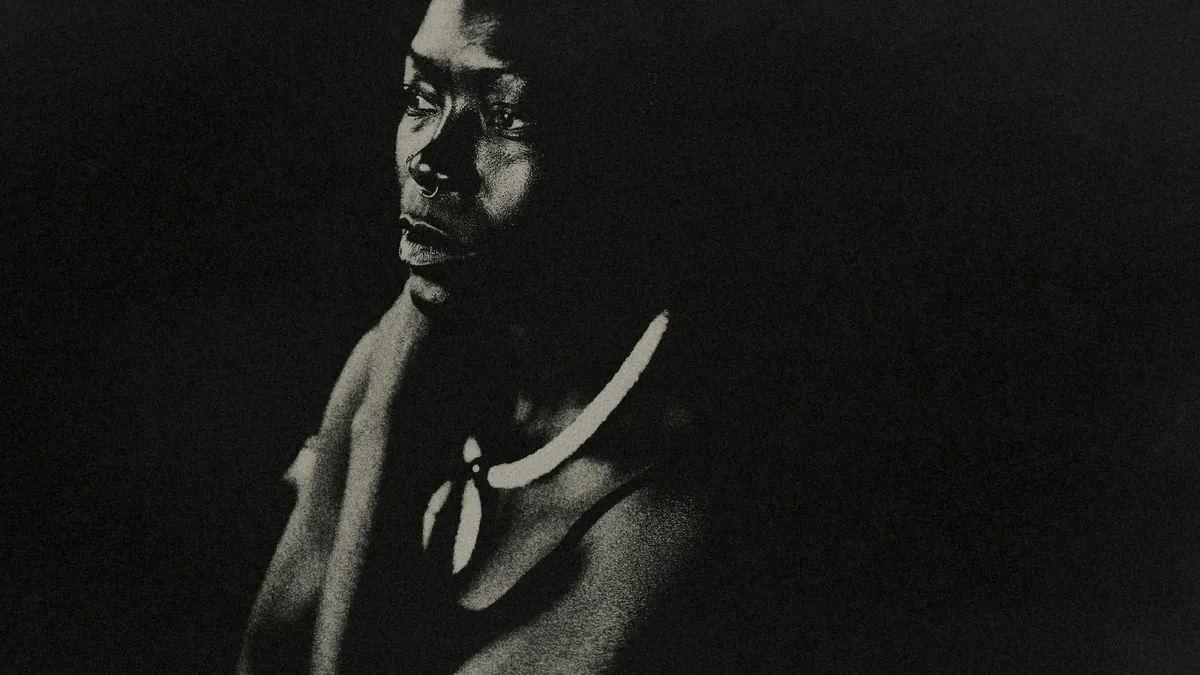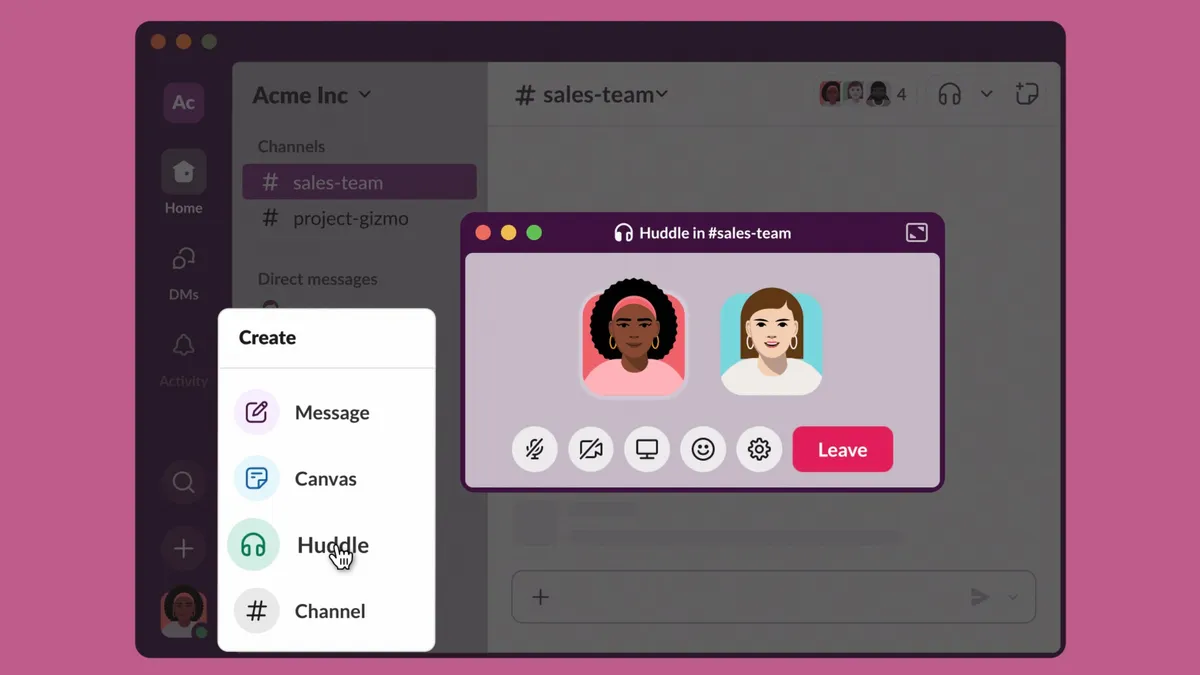Editor’s Note: In this Employee Experience column, HR Dive reporter Caroline Colvin discusses why astrology may be as meaningful to some workers as Myers-Briggs is to others.
One night I looked over at my phone and saw I had an audio message from one of my friends — nothing out of the ordinary. But as soon as I hit “play,” everything changed.
“I finally did it,” they recounted with glee. “I finally got everyone’s birthdays, so I know their zodiac signs.”
I am a journalist, who is friends largely with other journalists. So what did my data-obsessed friend do? They made a spreadsheet of zodiac signs for each staffer. Then they color-coded the data by astrological element, and made a pie chart to show the share of each element in the newsroom.
(An explainer for the uninitiated: fire signs include Aries, Leo and Sagittarius; water signs include Pisces, Cancer and Scorpio; earth signs include Taurus, Virgo and Capricorn; air signs include Aquarius, Gemini and Libra. I promise it’ll be important later.)
If the concept of birth charts in the job sphere sounds wild to you, you are far from alone; X, formerly known as Twitter, exploded when someone shared a job posting requiring applicants to share their birth chart as part of the application process.
Like my friend, I too am curious about my co-workers’ zodiac signs and when I gain that knowledge, I use it to my advantage. But to be clear, I don’t use someone’s sign to pigeonhole them or water down their personality into a few buzzwords.
Instead, I use astrology to get a general sense of the kind of person I’m dealing with — the same way generations before me have been obsessed with Myers-Briggs tests and the same way nerdy millennials religiously asked about Hogwarts houses. Myers-Briggs tests are, in fact, still used in leadership development courses to help workers understand their own approaches to work.
A case study for astrology questions in hiring
In theory, a recruiter interested in seeing someone’s full birth chart could be curious about the potential traits of a person (rather than the much-maligned stereotype of someone cutting someone from a talent pool because they are a hot-headed Aries, for example).
To take the thought experiment further, consider: Someone’s sun sign reflects their baseline personality, their moon sign reflects their emotions and their rising sign reflects how they’re seen by others. Their Mercury is how they communicate, their Mars is how they assert themselves and their Venus is what they love.
No one bats an eye when recruiters ask you questions like “What’s your preferred method of communication?” “Do you like to collaborate with others?”, “What are your strengths?” and “What gets you up in the morning?”
I make the case that discussing a birth chart would be no different.
I’m biased, but as even-keeled Libra (we’re symbolized by the scales) I’d like to think that people who are introspective enough to use astrology in a job interview won’t be screening candidates out for something as shallow as a “culture fit.” I imagine instead these recruiters would seek to understand — deeply — if this person would be well-suited to the responsibilities of a specific role.
(I did reach out to a couple of big-name astrologers in the podcasting and tech space; one did not get back to me by the time of publication and one declined to comment.)
In the name of compliance, HR would have to be mindful that these dialogues — like all matters of diversity — center belonging and psychological safety.
A case study for analysis of current employees
The end result of my friend’s exercise was fascinating to me because it disproved my hypothesis that most people in journalism or most leaders are earth signs. My lived experience: When I worked in PR, I had two bosses who happened to be Virgo men. In my last journalism job, I had two bosses who happened to be Taurean women.
It made sense to me that these earth signs would be wearing the pants. It only tracked that these workers — with undeniable drive and strong skill sets — would be calling the shots.
Most of my friend’s newsroom ended up being water signs. That answer didn’t shift my world view, but instead piqued my curiosity. Maybe emotionally fluid water signs are naturally inclined to approach the reporting process with an open mind and heart — seeking whatever truth their sources present to them and presenting it with tact.
I joked that I’d have to see everyone’s full chart and I wonder, one day, if full chart readings become the norm at niche employers.
It’s worth noting that just as workers’ Myers-Briggs shifts and their self-identified (or Pottermore-ascribed) Hogwarts Houses change, so do people’s astrological expressions. The long-held theory is that over time, as you get more comfortable and confident with yourself, your rising sign will matter less. You’ll care less about how others perceive you and go with what’s at your core — your emotions, your essence, your moon sign.
At the very least, I’m in favor of astrology dialogue in the workplace because it may be a useful shorthand for fostering greater understanding, more tolerance and psychological safety. There’s an opportunity to improve belonging in a simple question: “What’s your sign?”






















